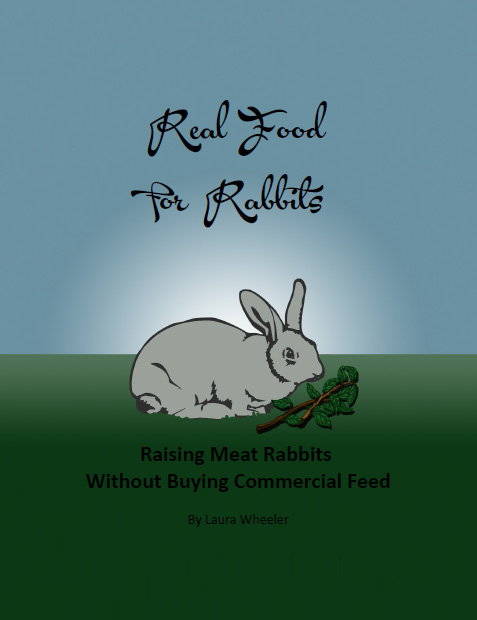Preserving Endangered Utility Pigeon Breeds
ALL Utility Pigeon Breeds are now endangered. Livestock preservation societies ignore them, Pigeon fanciers look down on them, and the world at large is unaware of the existence of such a thing as a Utility Pigeon.
A Utility Pigeon is one that has been bred to produce squabs. This means they have a specific set of traits that are valuable in a practical sense, rather than being bred for looks, or color, or form.
- Larger squab size (and larger adult bird size)
- Rapid growth to butchering size.
- High survivability.
- High hatchability rates.
- Good parenting abilities.
- Good disposition so they can be colony reared.
- Disease resistance.
- HIgh conversion of feed to meat.
- Cold or heat hardiness.
Some may have been bred to be either all white (so they pluck out more clean looking), or for auto-sexing traits, but overall the prevailing difference between Utility Pigeons and other pigeons is the size. This is the trait that seems to survive when all others are extinguished in favor of appearance.
Right now, Utility Pigeon breeds are very scarce, and the scarcity becomes a compounding problem, since it restricts bloodlines and makes it more difficult to retain good traits and improve the traits in a specific line.
Utility Pigeon breed lines have been subverted in favor of Show Pigeon traits. Even Utility Pigeons may be shown, and judges have a tendency to judge solely on looks, and to ignore productivity and practical traits. This mistake causes breeders to go purely for looks, and to retain birds in their breed lines that lack hardiness, productivity, and thriftiness.
Because of the scarcity, they command a higher and higher price, leading those who claim to be breeding for Utility to retain birds in their breeding pools that they should not as well. It may also cause them to preserve animals and sell them as breeding stock, when they should have been dispatched to the stewpot.
If you want to preserve a breed that is disease resistant, you cannot treat them with antibiotics when an illness goes through. You have to remove all birds from your breeding pool who succumb to an illness that spares the rest of the flock.
If you want true productivity in a Utility bird, you cannot keep problem birds in your breeding pool, or THAT is what you will be perpetuating. You have to remove those that are ever eggbound, any that kill their chicks, any that are less productive, or which require higher feeding protocols than average. You have to ONLY preserve those as breeders who meet your criteria for good low maintenance practical producers. This is the reality of breeding Utility birds.
Many breeders set their standards, and then fail to observe and pay attention to whether those standards are being met. If you want to breed productive birds, you have to track productivity of each pair. Otherwise you are just breeding randomly.
Other breeders set standards and then play favorites. They will excuse the flaws in a favorite bird - or with some breeders, they will excuse flaws in ALL their own birds, but not in the birds of other breeders. Affection has NO PLACE in sorting utility traits! Keep them as a pet if you want, but remove them from breeding pigeons that will reproduce - let them produce squabs or eggs, or prevent them from breeding at all. But don't think that just because you love a flawed bird that it is somehow better than another flawed bird or that the offspring will be any better at producing good livestock than another flawed bird would be.
If a specific breed is going to be preserved, it is important that the numbers not only be increased, but that they be increased with QUALITY birds. Increasing it with poor quality ones that lack the traits for which they were originally bred still loses the breed.
If you decide to purchase Utility Pigeons, expect to search for a while to find any at all, and then maybe more to find good ones. Once you find them, breed them with care! Because the ability of the next person to get good quality stock, and continue the growth of the breed may depend on you more than you realize!
Click to Download Your Free Heritage Pickling and Culturing e-Book Now!
Instant Download, NO Registration Required!






